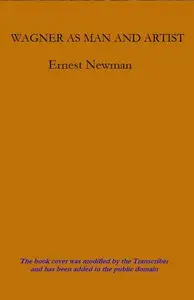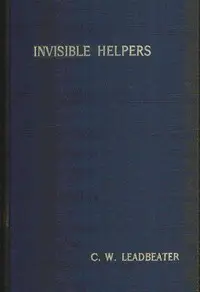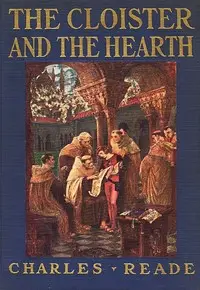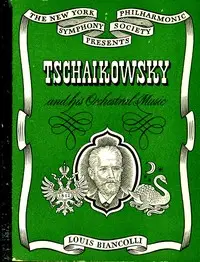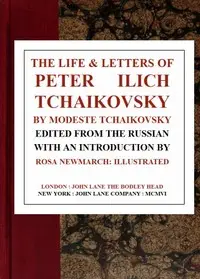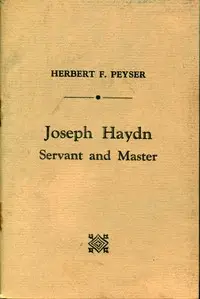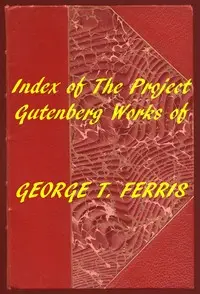"Musical Studies" by Ernest Newman is a collection of essays written in the early 20th century. The work provides an in-depth exploration of various composers and musical concepts, alongside critical discussions surrounding the music of figures like Hector Berlioz, Richard Strauss, and others within the context of Romanticism. By examining both historical and biographical elements, Newman delves into the evolution of musical ideas and their societal implications, making this collection particularly insightful for readers interested in the intersection of music, history, and culture. The opening of "Musical Studies" sets the tone with a preface explaining the origins of the essays, many of which have been adapted from articles previously published in a range of periodicals. Newman addresses the complexities and controversies surrounding the reception of composers like Berlioz, who incites passionate debate regarding his status within the canon of great musicians. He reflects on Berlioz's unique artistic path, marked by originality and a departure from traditional compositional styles, contextualizing it within the broader Romantic movement. Through this groundwork, Newman invites readers to consider the nuances of musical interpretation and the dynamics between composer and audience. (This is an automatically generated summary.)
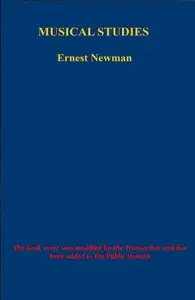
Musical Studies
By Ernest Newman
"Musical Studies" by Ernest Newman is a collection of essays written in the early 20th century. The work provides an in-depth exploration of various c...
Ernest Newman was an English music critic and musicologist. Grove's Dictionary of Music and Musicians describes him as "the most celebrated British music critic in the first half of the 20th century." His style of criticism, aiming at intellectual objectivity in contrast to the more subjective approach of other critics, such as Neville Cardus, was reflected in his books on Richard Wagner, Hugo Wolf, Richard Strauss and others. He was music critic of The Sunday Times from 1920 until his death nearly forty years later. His other positions included chief music critic of The Birmingham Post from 1906 to 1919, as well as brief stints as the chief music critic for The Guardian (1905–1906) and The Observer (1919).


